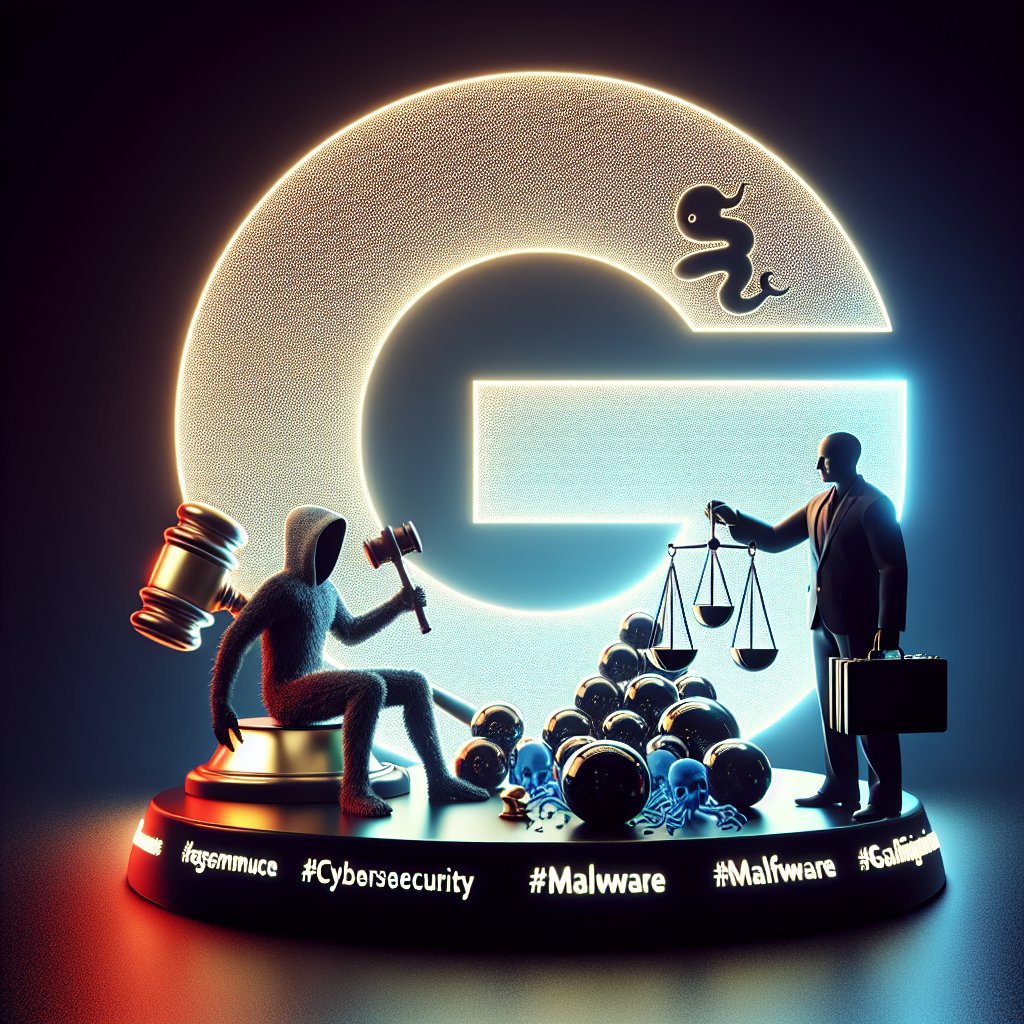Picture: for illustration purposes
Google Clamps Down on Malware Disguised as Its AI Tool, Bard
In a significant crusade against cyber deception, Google has taken the legal route to combat entities that have duped users with malware-infested downloads disguised as the tech giant's innovative artificial intelligence tool, Bard. This legal action underscores Google's commitment to safeguarding its users from cybersecurity threats and maintaining the integrity of its services.
On Monday, November 13, 2023, Google filed a lawsuit in California aimed squarely at a group of scammers based out of Vietnam. These individuals allegedly created several Facebook pages, complete with advertisements promoting downloads for an AI software dubbed “Bard”—clashing with the moniker of Google's own generative AI platform.
According to Google, this illicit group falsely presented themselves as distributors of the “latest version” of the Google Bard software, luring unsuspecting people seeking to utilize Google's AI tools into downloading malicious software that wasn’t what it purported to be.
The deception didn't just end at the false offerings. In a published online statement, Google elaborated that the advertised downloads, instead of providing AI enhancements, led to malware installations that compromised users' social media accounts. This misuse of Google's intellectual property and trust has caused considerable distress and potential harm to users tricked into downloading the malware.
Google's legal filings reveal that the scammers' operations were sophisticated, deceptively leveraging the anticipation and buzz surrounding AI tools to victimize individuals. The tech giant notes the particularly insidious nature of the scam, highlighting that their Bard AI is a freely accessible tool that requires no downloading, thus asserting that any downloadable versions are categorically fraudulent.
The strategy to combat this threat involved Google's legal team initiating approximately 300 takedown requests targeted at the scammer group’s activities since April 2023. These efforts aim to eliminate the group's online presence and curb further dissemination of malware.
Further strengthening its defensive measures, through the lawsuit, Google is not just seeking damages but crucially pursuing an injunction that would empower it to disable domains associated with the scammers in coordination with US domain registrars. This judicial backing could provide a potent mechanism to deter similar illicit actors and safeguard the digital ecosystem by enabling swift action against threats.
Google's move gives hope that successful litigation might set a precedent, amplifying the consequences for cybercriminals and bolstering the tech industry's capacity to fend off similar attacks that exploit the reputations of established brands.
In conclusion, Google's determination and the recourse to legal avenues reflect a proactive stance that is indicative of a broader industry imperative: to respond vigorously to cyber fraud that increasingly targets cutting-edge technology like AI to siphon user data and infiltrate digital lives.










